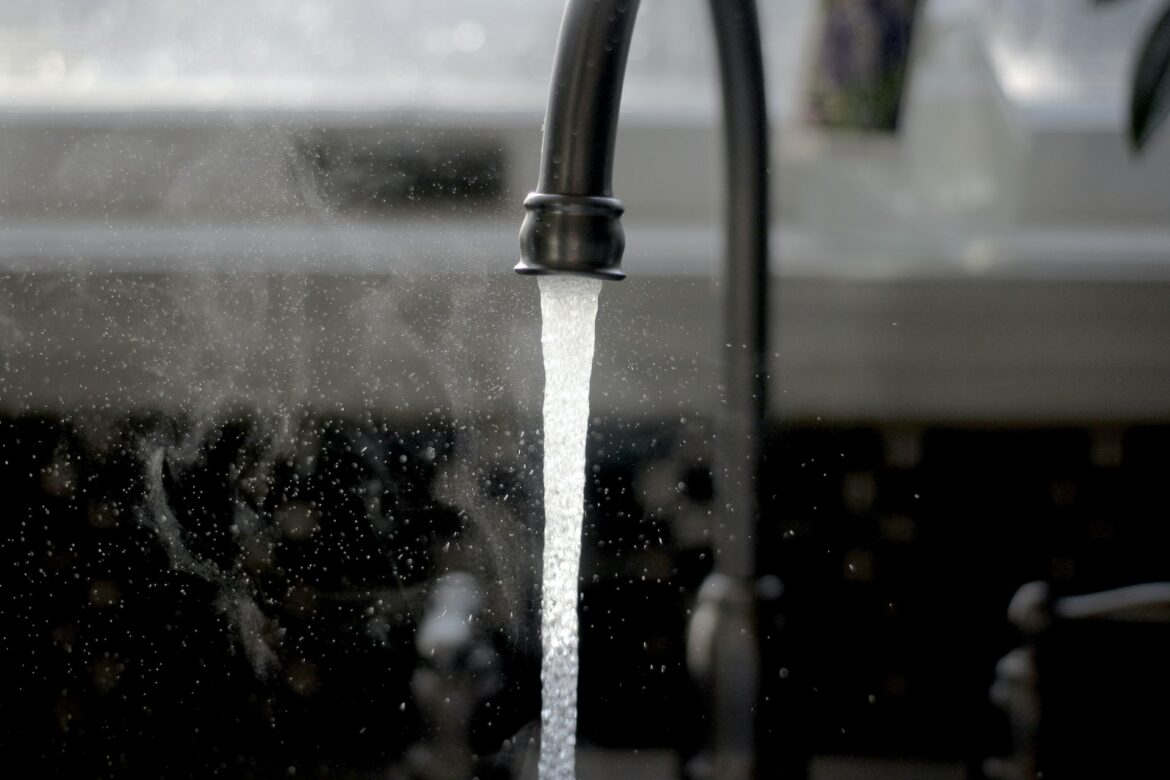Riga, the capital city of Latvia, has a modern and well-maintained water supply system that provides tap water to its residents. The water in Riga undergoes a series of treatments and quality checks to ensure its safety for drinking purposes. While the tap water in Riga is generally considered safe to consume, it is important to understand the factors influencing its quality and take necessary precautions.
The water in Riga is sourced from underground aquifers and surface water bodies, such as rivers and lakes. It then goes through a comprehensive treatment process to meet the stringent standards set by the European Union and the Latvian government. This treatment includes processes like coagulation, sedimentation, filtration, disinfection, and pH adjustment.
Coagulation involves the addition of chemicals to the water to help particles and impurities clump together, facilitating their removal. Sedimentation allows these clumps to settle at the bottom of the water tanks, after which the clearer water is extracted for further treatment. Filtration involves passing the water through various media, such as sand and activated carbon, to remove any remaining impurities. Disinfection, typically done using chlorine, kills harmful bacteria and microorganisms present in the water. Lastly, pH adjustment ensures that the water is within the acceptable range for consumption.
The treatment process ensures that the tap water in Riga meets the required safety standards. However, the quality of tap water can vary depending on factors such as the source of the water, weather conditions, and the maintenance of the water infrastructure. Additionally, old pipes and plumbing systems in some buildings may affect the quality of water reaching individual households.
To ensure the safety of tap water, the Riga Water Company conducts regular monitoring and testing of the water at different stages of the treatment process as well as in distribution networks. These tests check for parameters such as pH levels, disinfectant levels, bacterial contamination, and the presence of heavy metals and other contaminants. If any issues are detected, immediate corrective measures are taken to maintain water quality.
The Riga Water Company publishes an annual water quality report, which provides detailed information on the results of these tests. This report is made available to the public and can be accessed through their official website. It includes data on various parameters, comparisons with the established standards, and any identified risks or issues. It is advisable for residents to review this report and stay informed about the quality of their tap water.
While the tap water in Riga is generally safe to drink, some individuals may have specific concerns or preferences. For instance, people with weakened immune systems or certain health conditions may choose to use additional water treatment methods, such as filtration or boiling, for added assurance. Water filters can help remove any residual impurities or substances that may be of concern to individuals.
Furthermore, taste and odor can be subjective factors when it comes to tap water. Some people may prefer the taste of filtered or bottled water over tap water due to personal preferences. In such cases, using filtered water or purchasing bottled water is a viable option.
In conclusion, the tap water in Riga is considered safe to drink according to the established standards and regular monitoring conducted by the Riga Water Company. The water undergoes a comprehensive treatment process, and the company ensures that it meets the required quality parameters. However, individual preferences and concerns may lead some residents to use additional water treatment methods or opt for alternative sources like bottled water. Staying informed about the annual water quality report and taking necessary precautions can further enhance confidence in the tap water’s safety.

